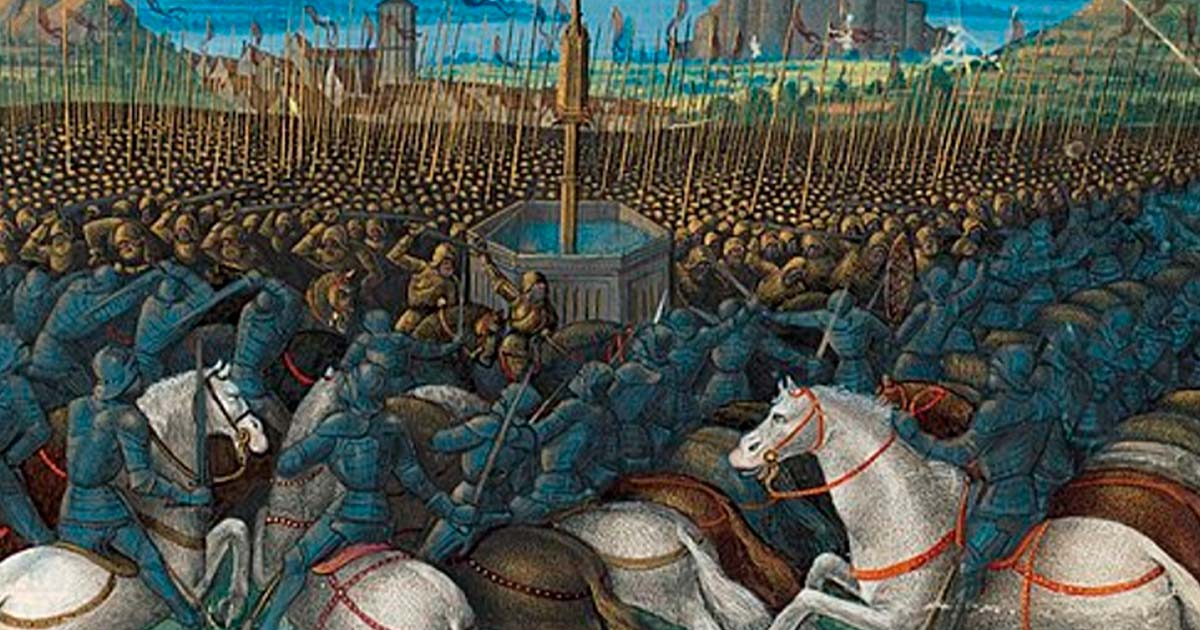Why did the Ayyubid Empire Collapse? (Video)
The Ayyubid Empire, a Sunni Muslim dynasty of Kurdish origin, thrived in the 12th century, ruling over Egypt and the Middle East. Despite initial success under Saladin, the empire's downfall was marked by internal discord and external pressures. Post-Saladin, a lack of centralized governance led to a semi-feudal structure, fostering disloyalty and betrayals within. The empire faced external threats during the seventh Crusade, and later, internal strife exacerbated by a shift in leadership. The pivotal moment arrived when Sultan al-Malik al-Salih fell ill during the Crusade, leading to his wife's successful defense against the invaders. However, al-Malik al-Salih son, Al-Mu'azzam Turanshah, made a fatal mistake by alienating the Mamluks, resulting in his assassination. This triggered a cascade of events, including Mamluk ascension in Egypt and the decline of Ayyubid control in Syria.
- Understanding the Crusades from an Islamic Perspective
- The Puzzling Death of Sultan Saladin: A 12th Century Medical Mystery Solved?
Further challenges emerged from the Mongols, with Hulagu's conquest of Baghdad in 1258 and subsequent assaults on Ayyubid territories. Amidst betrayals and shifting alliances, the Ayyubids faced a formidable foe, culminating in the Battle of Ain Jalut in 1260. The Mamluks emerged victorious, solidifying their control over Egypt and most of Syria, signaling the end of the Ayyubid dynasty's influence. While remnants lingered briefly in Hama and southeastern Anatolia, the Ayyubids succumbed to the march of time, yielding to the ascendancy of the Mamluks and eventually the Ottoman Empire in the 16th century.
Top image: The Ayyubid Empire’s victory against the Crusaders. Image called the Battle of Cresson. Source: Public Domain

















